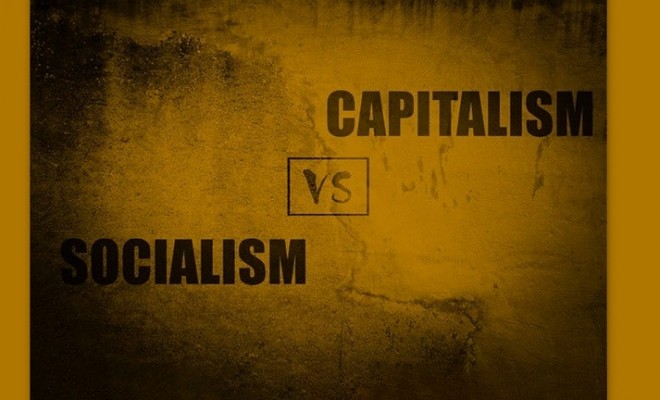
Capitalism vs. Socialism is the wrong way to frame today’s economic debate
A conversation with the American Enterprise Institute’s Ryan Streeter and Brookings Institution’s Richard Reeves
Policy experts Ryan Streeter and Richard Reeves have written widely on the subject of the American economy. Streeter has done so as director of domestic policy studies at the American Enterprise Institute, while Reeves has done so as a senior fellow in economic studies at the Brookings Institution, where he directs the Future of the Middle Class Initiative. They elaborate upon their beliefs in making capitalism work for more people in this conversation with Catalyst Editor William McKenzie and Bush Institute-SMU Economic Growth Initiative Director Cullum Clark.
Why are we having a debate over whether capitalism works?
Reeves: A striking number of young Americans and young Democrats say they are more in favor of socialism than capitalism and that tells us a few things. One, they have no idea what socialism actually is. But two, there is a discontent with capitalism. The reason for that is the engine of the economy isn’t delivering for certain groups of people. At least, not like it used to, or as much as they think it should.
There is a general sense of sluggishness. That feeling is sharpened by the fact that the economy does seem to be delivering for those who are supported by the safety net or those who are rich in human capital and seem to be doing well.
Streeter: I would agree with much of that and reemphasize that, among young Americans particularly, we are seeing a collapse in confidence in capitalism more than we are seeing a resurgence in socialism. What people mean by socialism is inexact and probably has less to do with collectivism now than when this was actually surveyed, even after World War II.
This drop in capitalism can’t be disentangled at all from the after-effects of the Great Recession. For some people, their incomes have not grown at a satisfying pace. They don’t feel like they are able to get ahead in the way they understand their parents or grandparents did.




